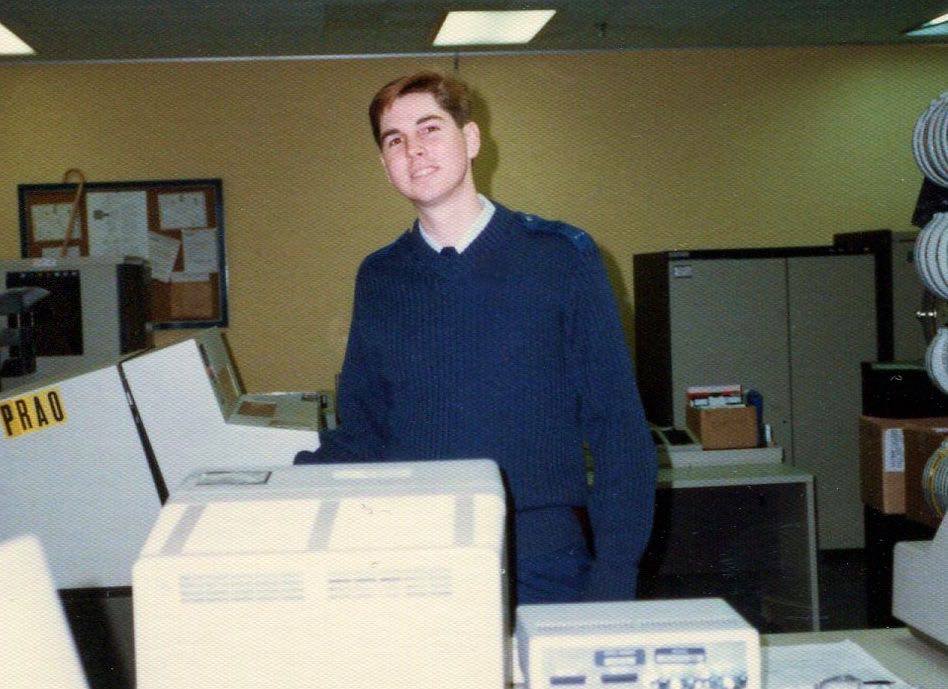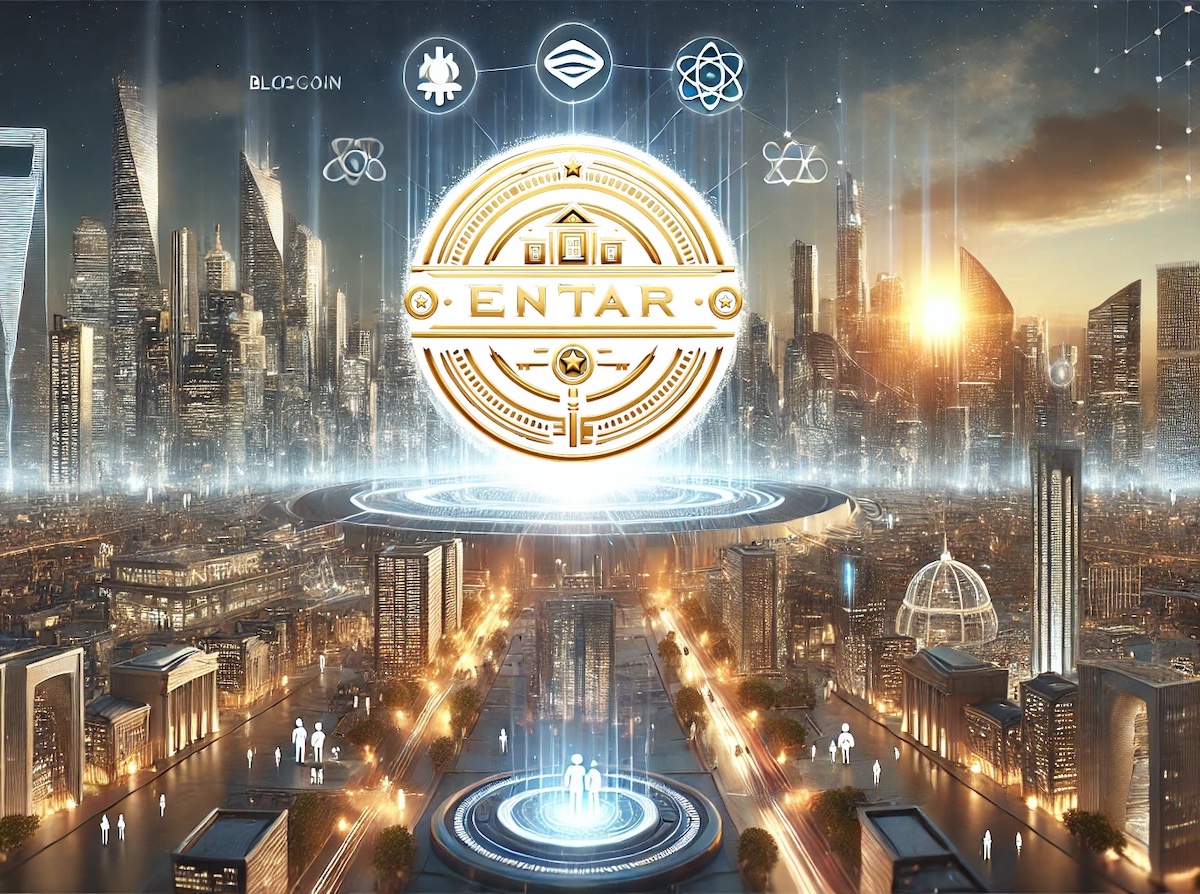TECH NEWS — In a world rapidly transforming under the influence of artificial intelligence (AI), a new kind of global race has emerged, one that could decisively reshape the balance of power. The United States, once a beacon of innovation and progress, now stands at a crucial crossroads: either lead the charge in developing powerful AI or risk falling behind its global adversaries, with potentially catastrophic consequences.
The AI Race: A New Kind of Warfare
Gone are the days of conventional arms races; the new battleground is digital, fought in the realms of computational power and algorithmic ingenuity. Nations around the globe are pouring resources into AI research, not solely for the promise of economic prosperity but for a more ominous reason: strategic dominance. This race, unlike any before, pits not just nations against each other but also different ideologies and value systems. The stakes are high: if the U.S. lags, it risks having its adversaries use AI in ways that could undermine democratic ideals and destabilize global order.
The Power and Perils of Advanced AI
The potential benefits of AI are staggering: breakthroughs in healthcare, innovative solutions to climate change, and unprecedented economic growth. But these advancements come with profound risks. The displacement of jobs by automation, concerns over privacy and data security, and the chilling prospect of autonomous weapons and surveillance technologies present ethical and safety dilemmas that must be navigated carefully.
The American Response: Innovation vs. Regulation
The U.S. faces a delicate balancing act: nurturing AI innovation while safeguarding against its dangers. The debate rages between promoting free-market innovation and implementing regulations to ensure AI is developed ethically and safely. American policymakers grapple with the challenge of competing against nations where regulatory constraints may be looser, raising concerns about ethical standards in AI development and use.
The Global Implications
The AI revolution is not confined to superpowers; it has implications for every nation on Earth. There is a risk that AI could exacerbate global inequalities, widening the gap between the technologically advanced and the rest. However, it also holds the potential to be a great equalizer, offering smaller nations a chance to leapfrog into the future if harnessed correctly.
The prospect of one nation achieving total dominance in the next generation of AI technology poses a chilling scenario: the transformation of the global power dynamic into a master-servant dichotomy. If a single country were to harness AI capabilities far surpassing those of others, it could gain an almost god-like control over international affairs, both politically and economically. This unparalleled power would stem from AI’s potential to revolutionize warfare, surveillance, and information manipulation, effectively rendering other nations impotent in their traditional forms of defense and counter-strategy. In such a world, countries lagging in AI development wouldn’t just be at a strategic disadvantage; they would risk becoming subservient, their sovereignty eroded by their dependence on or vulnerability to the AI-dominant power. Such a future would see the laggards not as equals on the international stage, but as mere pawns or, worse, slave-like subjects to the whims of the super powerful wielder of tomorrow’s AI superintelligence. This dystopian vision underscores the immense responsibility and ethical considerations that accompany the development of advanced AI technologies.
Race for AI Dominance
This hypothetical scenario serves as a stark reminder of the urgent need for dialogue and action in the face of AI’s rapid advancement. It underscores the importance of responsible leadership, ethical considerations, and international cooperation in navigating this uncharted territory. The race for AI dominance is not just about technological superiority but about shaping the future in a way that upholds our shared values and aspirations for a better world.
About the Author: Corey Chambers, Broker
Corey Chambers, a distinguished broker with a rich and varied background, is notably a veteran of the U.S. Air Force. His time in the service was marked by specialization in Information Systems, particularly in the niche field of satellite telemetry. Chambers’ expertise was honed at the USAF Space Test Center located at Onizuka Air Force Base, a facility renowned for its contributions to space operations and research. This unique blend of military discipline, technical acumen, and experience in high-stakes environments has undoubtedly shaped his approach to his current profession in real estate, where precision, analysis, and strategic thinking are key. Chambers’ journey from the structured world of military operations to the dynamic realm of real estate brokerage speaks volumes about his adaptability and commitment to excellence in all his endeavors.
Get a free report on the best investments during stagflation, times of economic stagnation and consumer price inflation. Fill out the online form:

Copyright © This free information provided courtesy Entar.com with information provided by Corey Chambers, Broker DRE 01889449. We are not associated with the seller, homeowner’s association or developer. For more information, contact 888-240-2500 or visit WeSellCal.com Licensed in California. All information provided is deemed reliable but is not guaranteed and should be independently verified. Text and photos created or modified by artificial intelligence. Properties subject to prior sale or rental. This is not a solicitation if buyer or seller is already under contract with another broker.











